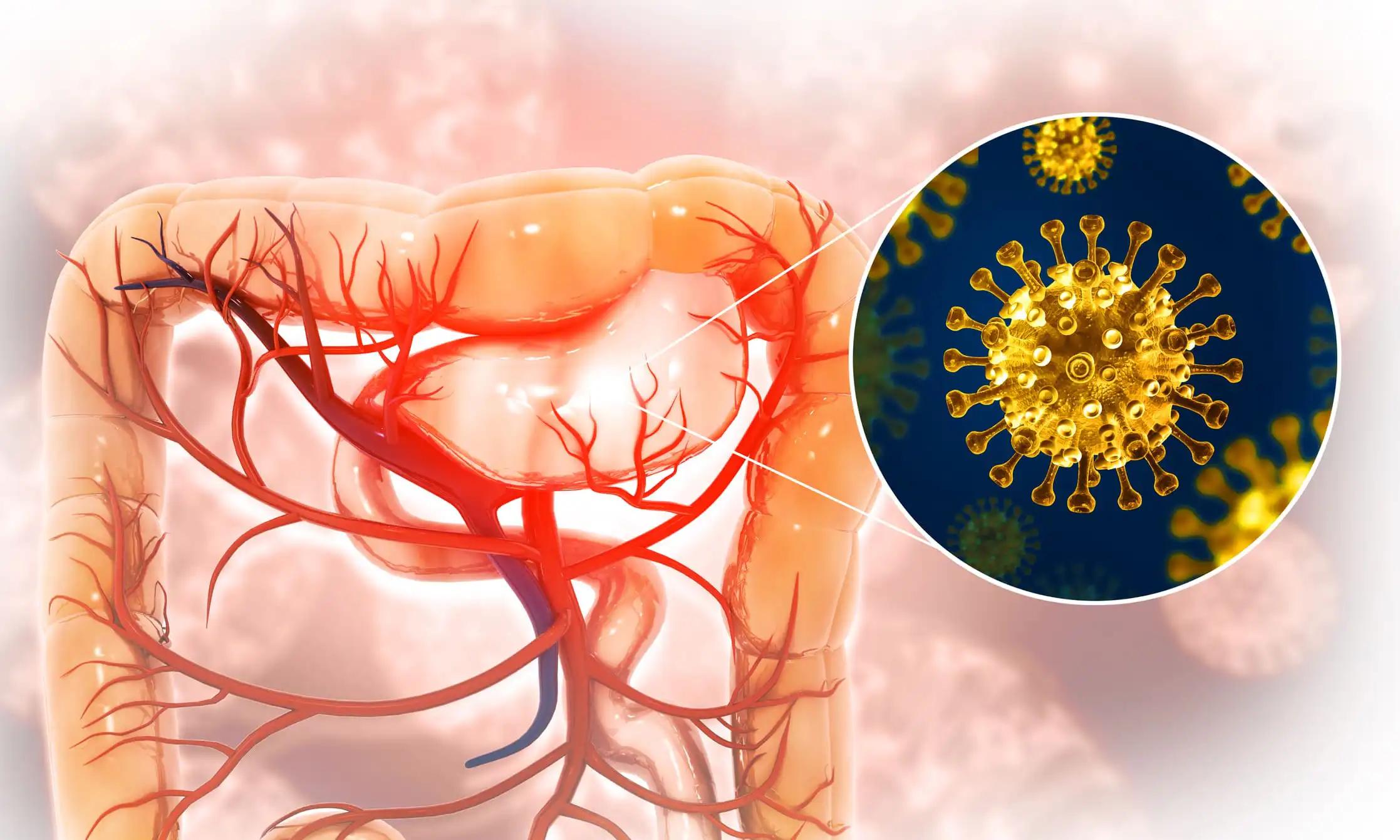KEY TAKEAWAYS
- Phase 3, a double-blind, placebo-controlled trial (RECOURSE), evaluated the effect of FTD/TPI chemotherapy in mCRC patients.
- The primary aim was to identify potential genomic biomarkers of resistance to FTD/TPI chemotherapy in mCRC patients.
- KRAS codon G12 (KRASG12) mutations were identified as a potential FTD/TPI chemotherapy resistance biomarker in mCRC patients.
- Patients with KRASG12 mutations in the RECOURSE trial did not show prolonged OS with FTD/TPI versus placebo, whereas patients with KRASG13 mutant tumors showed significantly improved OS with FTD/TPI versus placebo.
- The study results suggest that genomics-based precision medicine may be possible for a subset of chemotherapies, potential for approximately 28% of patients with mCRC under consideration for treatment with FTD/TPI.
Although genomics has significantly enhanced the care provided to cancer patients, there is a lack of clinical-grade genomic biomarkers for chemotherapies. Based on the whole-genome analysis, Researchers found that mutations in the KRAS codon G12 (KRASG12) may be a biomarker of resistance to the chemotherapy trifluridine/tipiracil (FTD/TPI) in 37 patients with metastatic colorectal cancer (mCRC). Researchers then gathered data from 960 patients with mCRC treated with FTD/TPI to confirm that KRASG12 mutations were significantly associated with poor survival, even when only considering patients with RAS/RAF mutations. Next, researchers examined data from the international, double-blind, placebo-controlled phase 3 RECOURSE trial (n = 800 patients). Researchers found that KRASG12 mutations (n = 279) were predictive biomarkers for reduced overall survival (OS) benefit of FTD/TPI versus placebo (unadjusted interaction P = 0.0031, adjusted interaction P = 0.015).
The RECOURSE trial found no improvement in overall survival (OS) between FTD/TPI and placebo for patients with KRASG12 mutations (n = 279; (HR) = 0.97; 95% (CI )= 0.73-1.20; P = 0.85). On the other hand, patients with KRASG13 mutant tumors benefited greatly from FTD/TPI compared to placebo in terms of overall survival (n = 60; HR = 0.29; 95% (CI) = 0.15-0.55; P< 0.001). KRASG12 mutations were linked to increased resistance to FTD-based genotoxicity in isogenic cell lines and patient-derived organoids. Approximately 28% of patients with mCRC who are candidates for treatment with FTD/TPI may be affected by these findings, as KRASG12 mutations are biomarkers for reduced OS benefit of FTD/TPI treatment. In addition, our findings imply that some chemotherapies may be amenable to genomics-based precision medicine.
Source: https://pubmed.ncbi.nlm.nih.gov/36864254/
Clinical Trial: https://clinicaltrials.gov/ct2/show/NCT01607957
Van de Haar J, Ma X, Ooft SN, van der Helm PW, Hoes LR, Mainardi S, Pinato DJ, Sun K, Salvatore L, Tortora G, Zurlo IV, Leo S, Giampieri R, Berardi R, Gelsomino F, Merz V, Mazzuca F, Antonuzzo L, Rosati G, Stavraka C, Ross P, Rodriquenz MG, Pavarana M, Messina C, Iveson T, Zoratto F, Thomas A, Fenocchio E, Ratti M, Depetris I, Cergnul M, Morelli C, Libertini M, Parisi A, De Tursi M, Zanaletti N, Garrone O, Graham J, Longarini R, Gobba SM, Petrillo A, Tamburini E, La Verde N, Petrelli F, Ricci V, Wessels LFA, Ghidini M, Cortellini A, Voest EE, Valeri N. Codon-specific KRAS mutations predict survival benefit of trifluridine/tipiracil in metastatic colorectal cancer. Nat Med. 2023 Mar;29(3):605-614. doi: 10.1038/s41591-023-02240-8. Epub 2023 Mar 2. PMID: 36864254; PMCID: PMC10033412.



